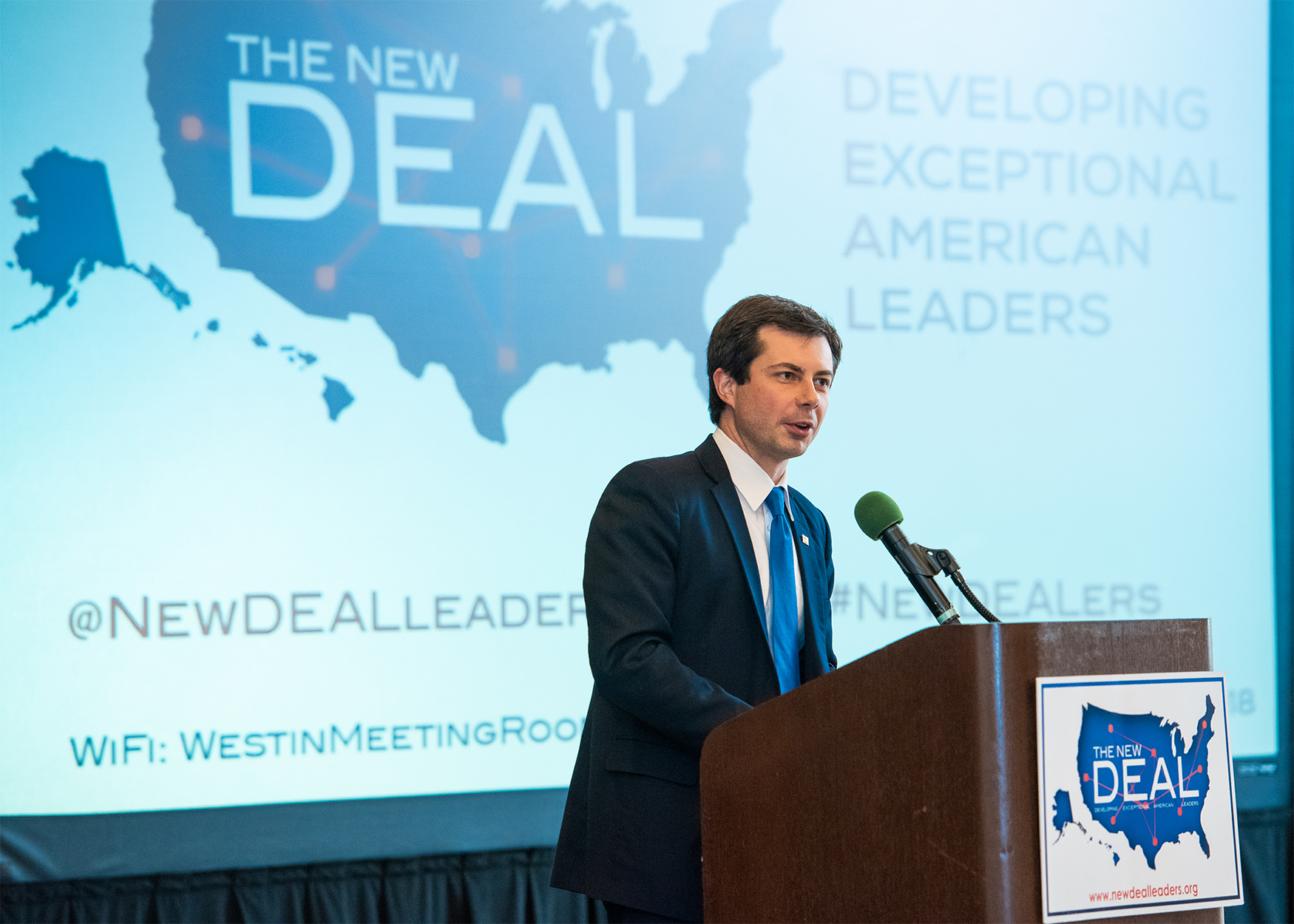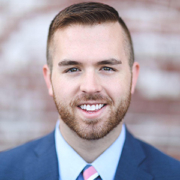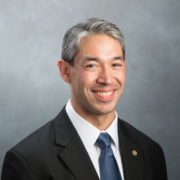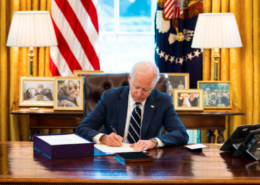Universal Child Care and Early Learning
Problem
Accessing affordable child care has presented problems for families for a long time, and the COVID-19 pandemic exacerbated the issue across the board. While every family in the Commonwealth has felt the impact of this crisis, those most vulnerable have felt the hardest impacts. The child care industry relies heavily on women of color. Facility closures due to this crisis have left many of them jobless and many working parents to fend for themselves.
Solution
To create a more equitable and inclusive economy we must start by providing affordable, high-quality child care. Everyone who wants to work should be able to do so, but to make that possible, the barriers to Virginia’s child care access must be broken down. We must make historic investments in our early childhood education system, calling for child care to be recognized as a public necessity that will be affordable and accessible for all Virginia families. Every family with a child from birth through 4 years old will have access to affordable quality child care. Families that make up to 200% of the Federal Poverty Limit (“FPL”) will receive free child care. Families that make over 200% will pay no more than 7% of their income regardless of their family size.









